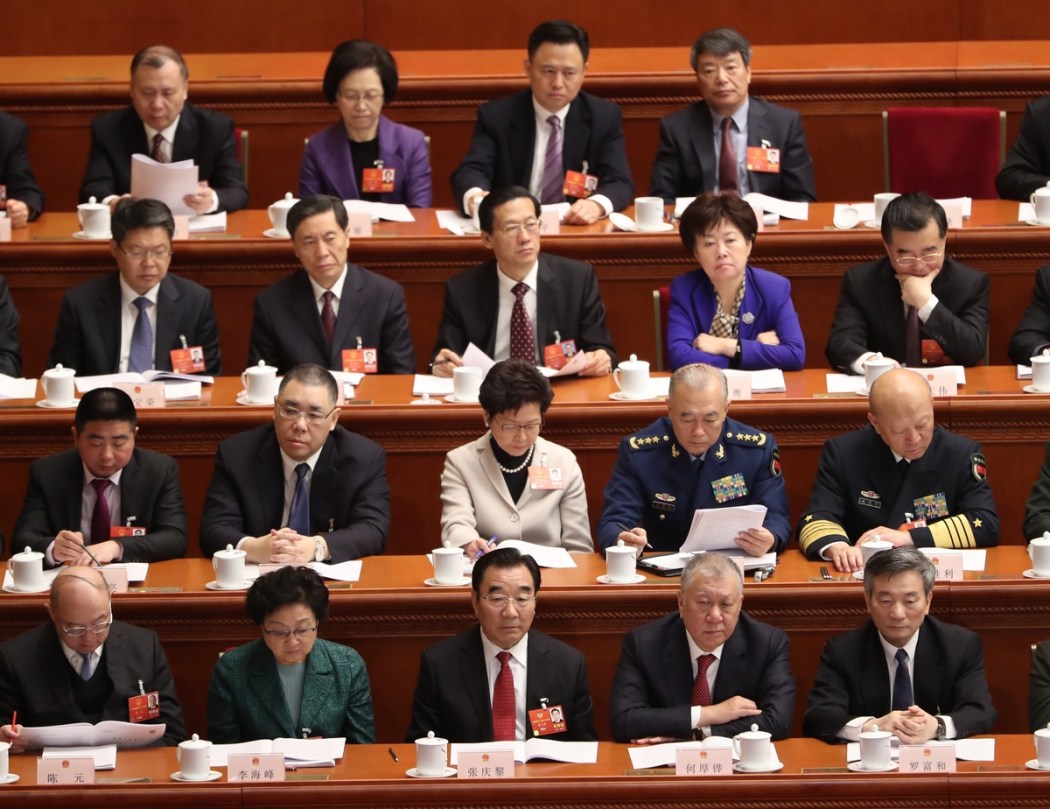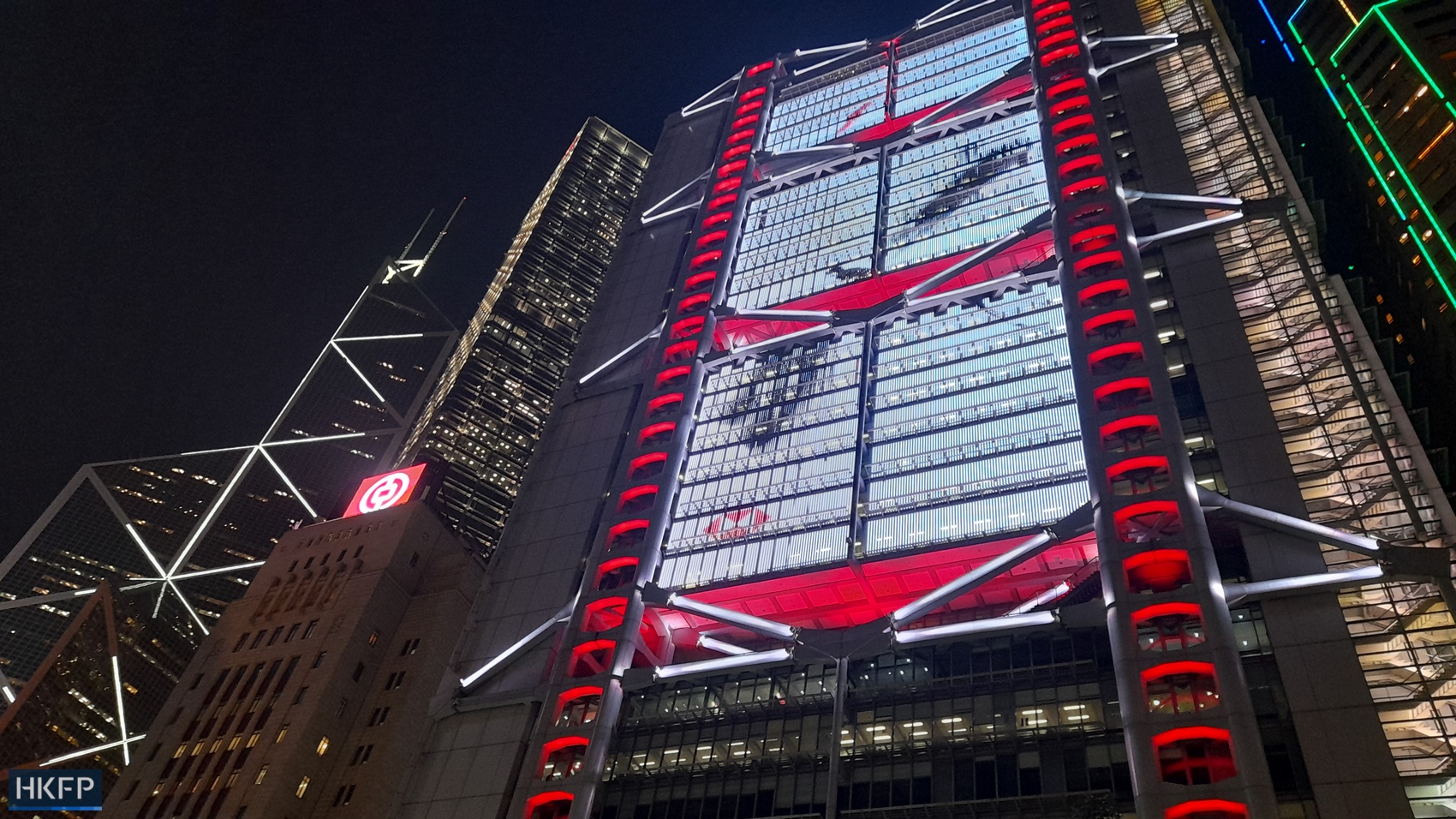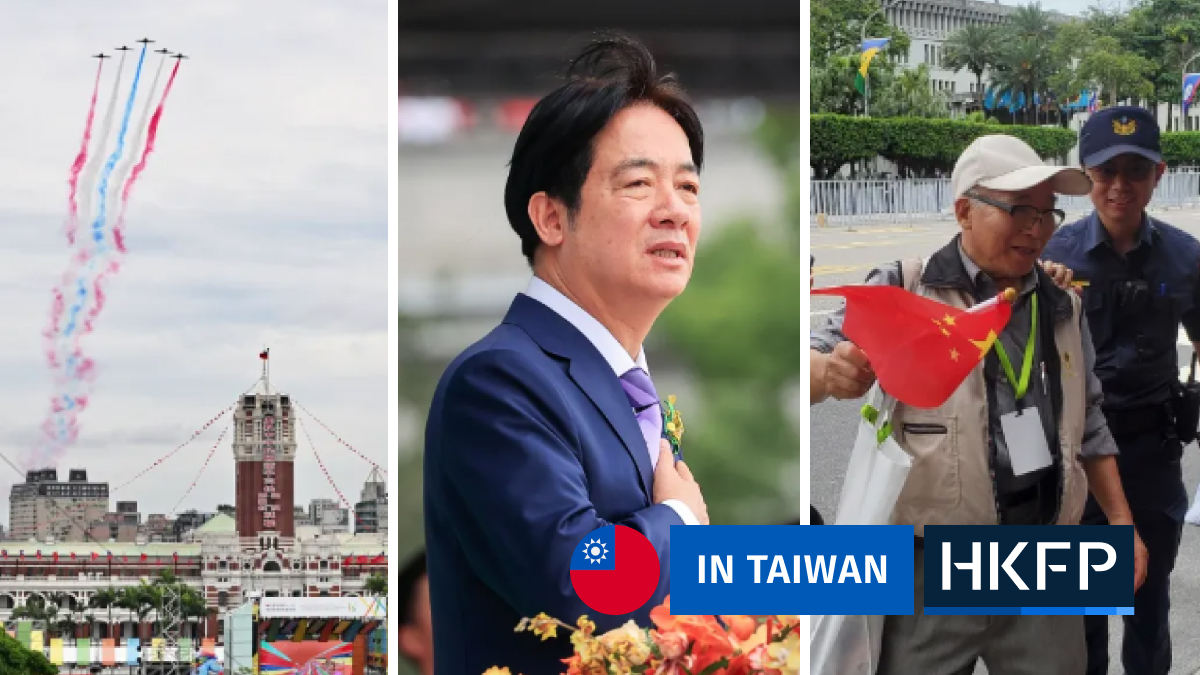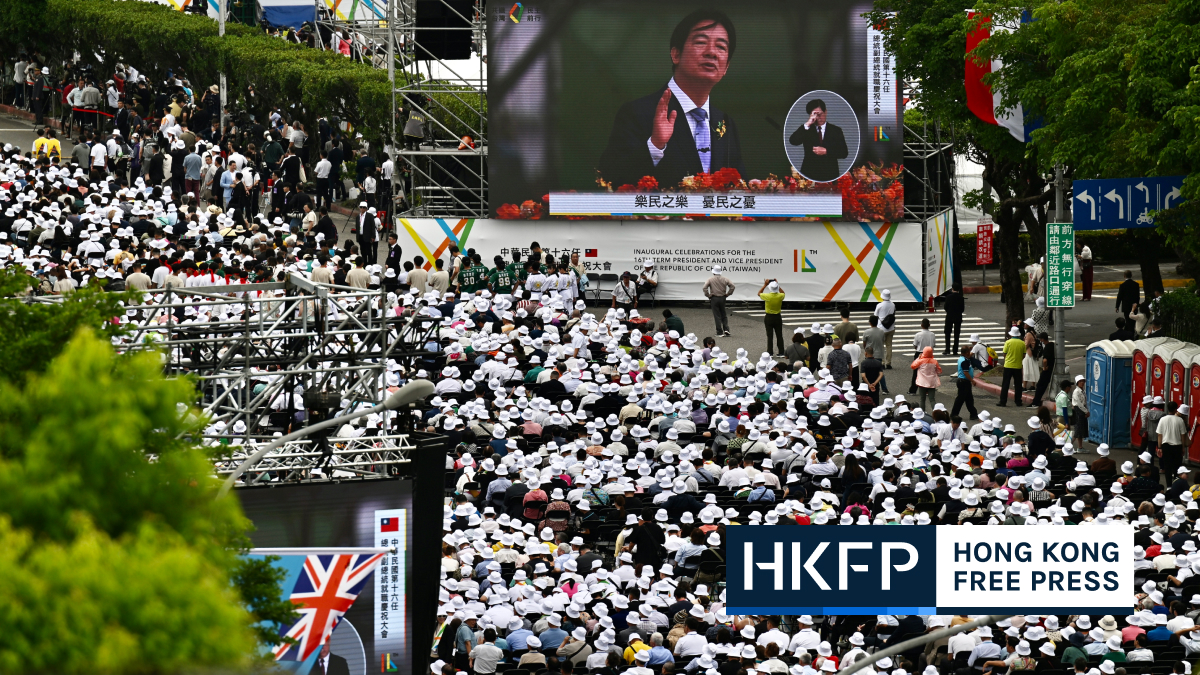Hong Kong Chief Executive Carrie Lam says she has no other choice than to support implementing China’s anti-foreign sanctions legislation in Hong Kong, days after the legislation was postponed by Beijing’s rubber-stamp parliament.

Lam, a target of US sanctions since August last year, said the law is a diplomatic issue that falls outside of matters that her government, as a highly autonomous special administration region, could decide.
“As the HKSAR is an inalienable part of China and the foremost target affected by foreign sanctions, I only have one stance to take: I will support incorporating [the law] into Annex 3 [of the Basic Law]. There is no other choice,” Lam said, adding that she has already submitted her opinion to Beijing.
Under Article 18 of the Basic Law, Chinese national laws may be applied in Hong Kong after consulting the HKSAR government and the Basic Law Committee.
China’s National People’s Congress (NPC) passed anti-foreign sanctions legislation in June in response to US and European sanctions against Chinese and Hong Kong officials in the wake of the 2019 protests and unrest as well as allegations of human rights abuses in Xinjiang.

Dozens of Hong Kong government officials and national security police officers have come under US sanctions since Beijing enacted a national security law in Hong Kong last July.
The sanctions criminalise US financial transactions with sanctioned officials, block their assets in the US, and bar banks that use US dollar transactions from trading with these individuals. Lam said she was forced as a result to hoard “piles of cash” at home as she could no longer hold a bank account.
The status also bars sanctioned officials and their immediate families from entering the US.
In retaliation, China’s anti-sanctions law would allow the government to take action against entities and individuals who participated in devising or implementing sanctions against China. The law will allow the Chinese government to bar sanctioned parties from conducting transactions with Chinese entities, to block their assets in China, to revoke visas or to deport individuals.
Lam previously said an anti-sanctions law would have to go through the local legislature before being incorporated in the Basic Law’s annex.
Postponed by Beijing
However, the NPC Standing Committee (NPCSC) did not make the decision to implement the law in the city when it convened last week. The move defied expectations among the the city’s lawmakers and led to speculation that Beijing is worried that the law would undermine international confidence towards the financial hub.

Lam said she had advised Beijing that the anti-sanctions law in Hong Kong should be designed to fit the city’s legal and financial context, “on one hand, to ensure that it can be effectively implemented, and on the other hand, to avoid seriously affecting Hong Kong’s financial status.”
“That the NPCSC meeting did not make a decision is understandable,” she said. “This does not mean I would not continue to communicate the position which I have stated to Beijing.”
The law could lead to Hong Kong entities having to choose between complying with US or Chinese law.
Support HKFP | Policies & Ethics | Error/typo? | Contact Us | Newsletter | Transparency & Annual Report | Apps
Help safeguard press freedom & keep HKFP free for all readers by supporting our team

LATEST FROM HKFP
HKFP has an impartial stance, transparent funding, and balanced coverage guided by an Ethics Code and Corrections Policy.
Support press freedom & help us surpass 1,000 monthly Patrons: 100% independent, governed by an ethics code & not-for-profit.










